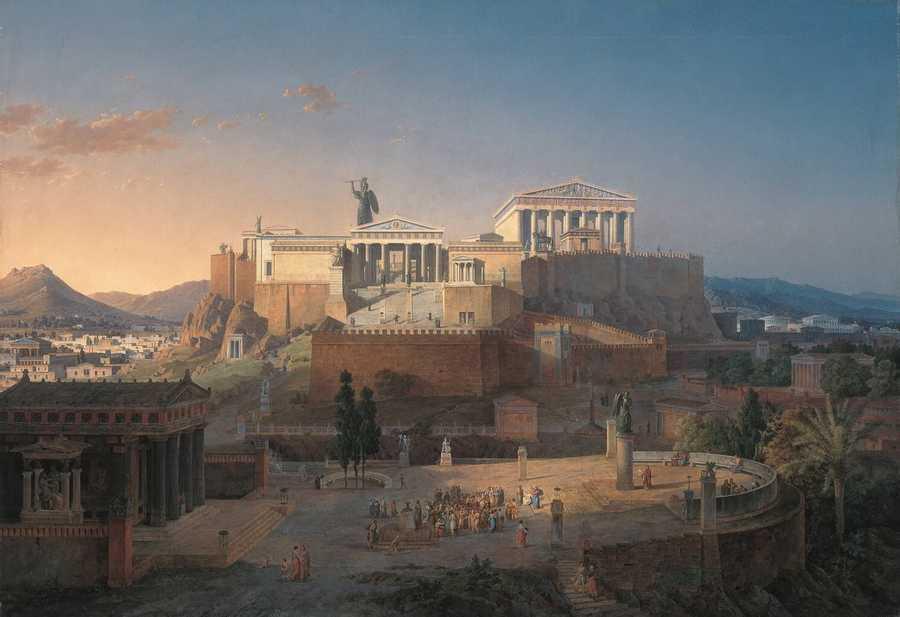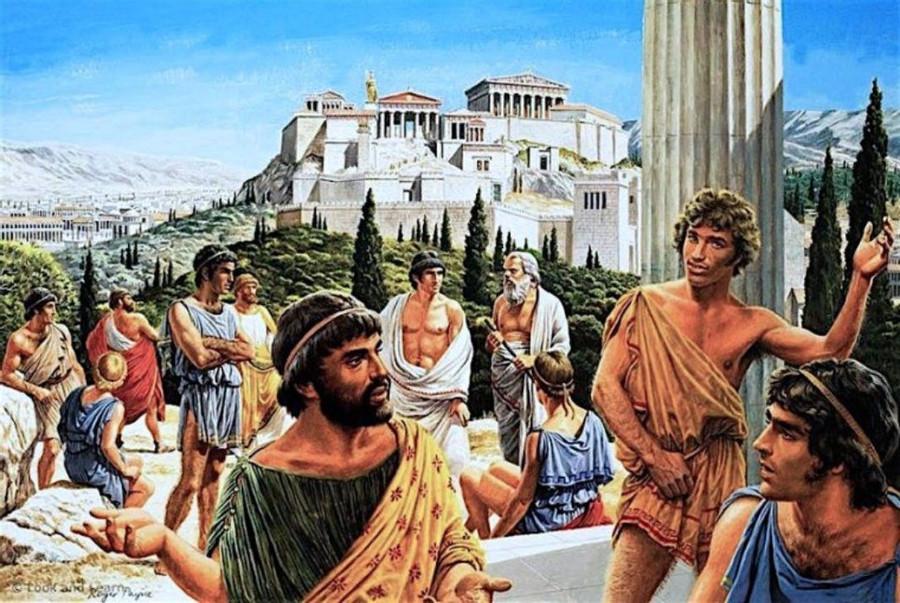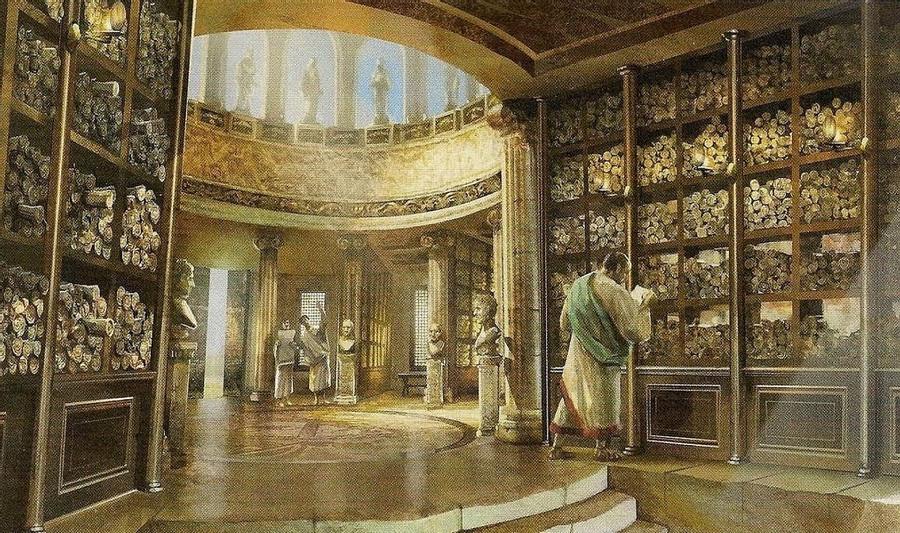Athens during the Classical era
- The city-state of Athens (5th and 4th centuries BCE) valued intellectual pursuits and open inquiry. That lead to the development of philosophy (the love of wisdom).
- The ancient Athenians' focus on understanding themselves and the world around them provided an intellectual breakthrough in history. Debate and seeking the truth inspired thinkers and influenced the world we live in today.
- Athens likely was named after the Olympian goddess of wisdom, Athena, who was also the city's patron deity. Athena was also the goddess of war and peace, as well as the goddess of craftsmanship and weaving.
139
1.25K reads
CURATED FROM
IDEAS CURATED BY
The idea is part of this collection:
Learn more about philosophy with this collection
The historical significance of urban centers
The impact of cultural and technological advances
The role of urban centers in shaping society
Related collections
Similar ideas to Athens during the Classical era
The Acropolis of Athens
The Acropolis is a distinctive feature of today's Athens that was built in the 5th century BCE. It is a cluster of buildings on a rocky outcrop. The famous Parthenon temple on the Acropolis was built to honor Athena and to serve the city's treasury.
Athens during the 5th century BCE was l...
Athens: The intellectual center
- In the 5th century BCE, Athens housed a significant number of geniuses and innovators, such as the playwrights Aeschylus, Sophocles and Euripides, the historians Thucydides and Herodotus, the physician Hippocrates, and philosophers Socrates and Plato.
- Socrates ...
Alexandria during the third and second centuries BCE
Alexandria, with its Great Library, was marked as the intellectual capital of the world.
During the third century BCE, the Musaeum, an educational and research institution, was built in Alexandria. The Great Library was one part of the Musaeum and may have held around 700,...
Read & Learn
20x Faster
without
deepstash
with
deepstash
with
deepstash
Personalized microlearning
—
100+ Learning Journeys
—
Access to 200,000+ ideas
—
Access to the mobile app
—
Unlimited idea saving
—
—
Unlimited history
—
—
Unlimited listening to ideas
—
—
Downloading & offline access
—
—
Supercharge your mind with one idea per day
Enter your email and spend 1 minute every day to learn something new.
I agree to receive email updates


